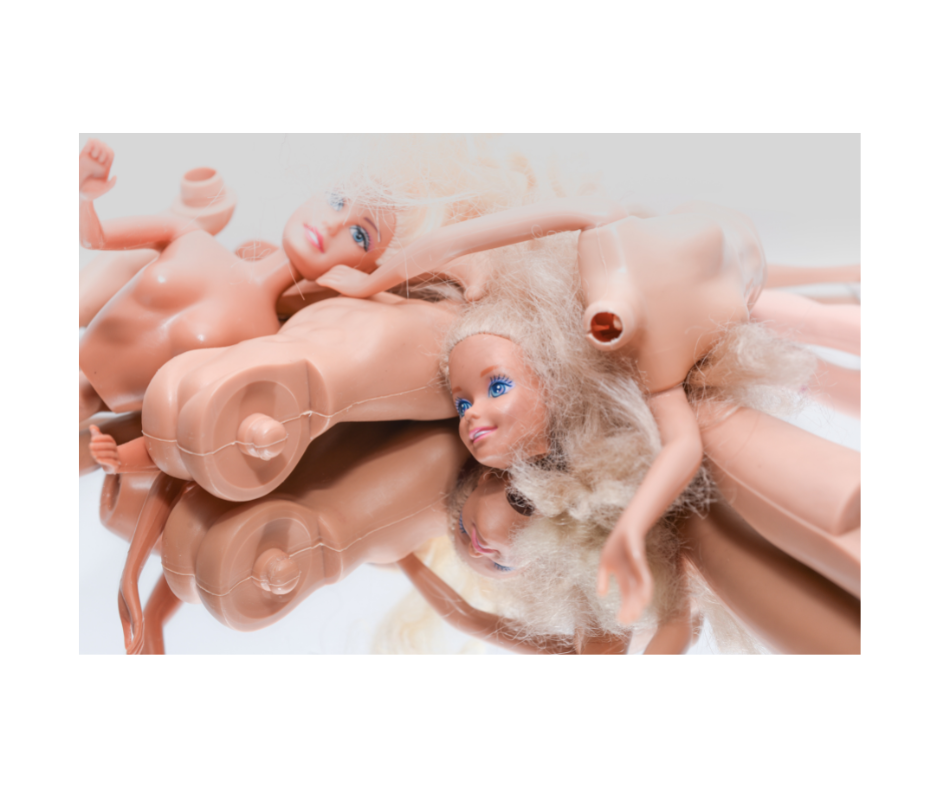In a Barbie World
Barbie is iconic and an unbelievably contested product and topic of discussion. Decades have passed since the doll and brand was introduced and I believe it’s still as relevant today, if not more, than it was initially. Barbie had the goal of being progressive and dedicated to young girls having private play time to envision their adulthood. However as many of know and can attest to, the impact which Barbie had and continues to have on our lives is much more than its original goal. This is not to solely criticise Barbie and its creators as I believe that Barbie is a symbol which brings attention to complex issues; including body image with extreme dieting and unrealistic/exclusive beauty standards, gender roles, femininity and fashion. Barbie is indicative of many cultures and sub-cultures. At times Barbie may not be as present but the aspiration for the plastic and perfect look is prominent. With the development of social media there is an influx of superficial and self-promotion, sometimes using filters and other digital modifications. There is even the rise of people who are admitting to wanting to look like Barbie and look plastic. I selected Barbie as a topic for my year 12 Society & Culture major work. I wanted to explore this as to why she’s so popular and the impact she has on people. Whilst I understand that I was inexperienced with research and framing questions I still feel that I never came to a solid conclusion as to her relevance and impact. What real impact does it make to say that you won’t allow your children to play with Barbie dolls when the cultures which Barbie represents infiltrate society in numerous ways. There may be people who have barely played with Barbies as children but have a strong consciousness about self-image and beauty. These are traits associated with Barbie so it’s not as simple as just removing Barbie as beauty standards, fashion and gender roles are ever present despite Barbie. Representation matters but has it changed anything? I remember when I was interviewing someone for my major work and they mentioned that they had a few Barbie dolls, not all were Caucasian and blonde, but the blonde one was still their favourite. The interviewee could not describe why they were the favourite. It’s clear how complex Barbie is as and how they impact people’s lives, not always at a conscious level. Many of us express hatred and anti-Barbie sentiment but there’s still this gravitation, love and sometimes obsession with the dolls. Even with Barbie changing over time with the addition of different careers and outfits to complement her, was there really a positive change? Did the discussion and impact of Barbie shift from body image and beauty standards? How relevant is Barbie to people today? Even when Barbie changes to have the standard doll body template modified and altered to be more inclusive and realistic, it’s not necessarily positively received or results in sales being boosted because of it. Is it Barbie that needs to change or the cultures and norms related to her?


